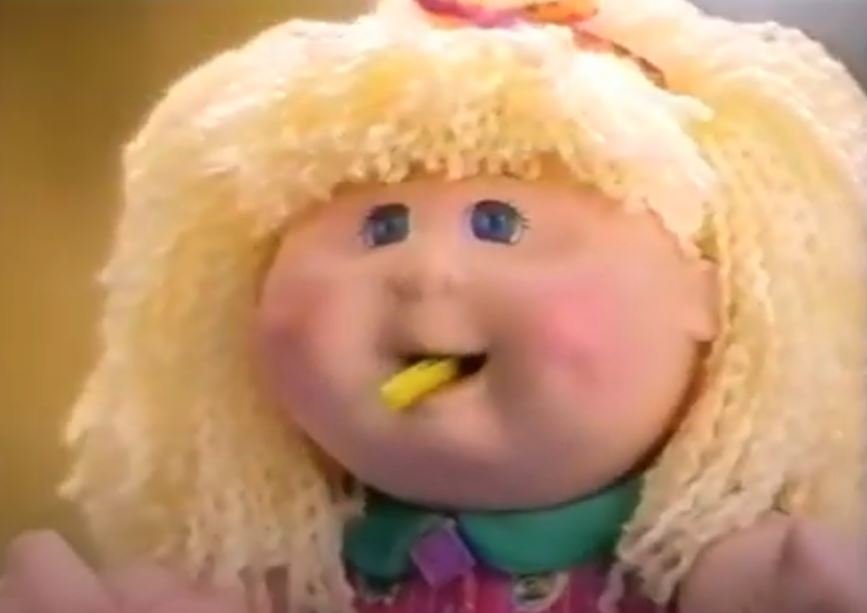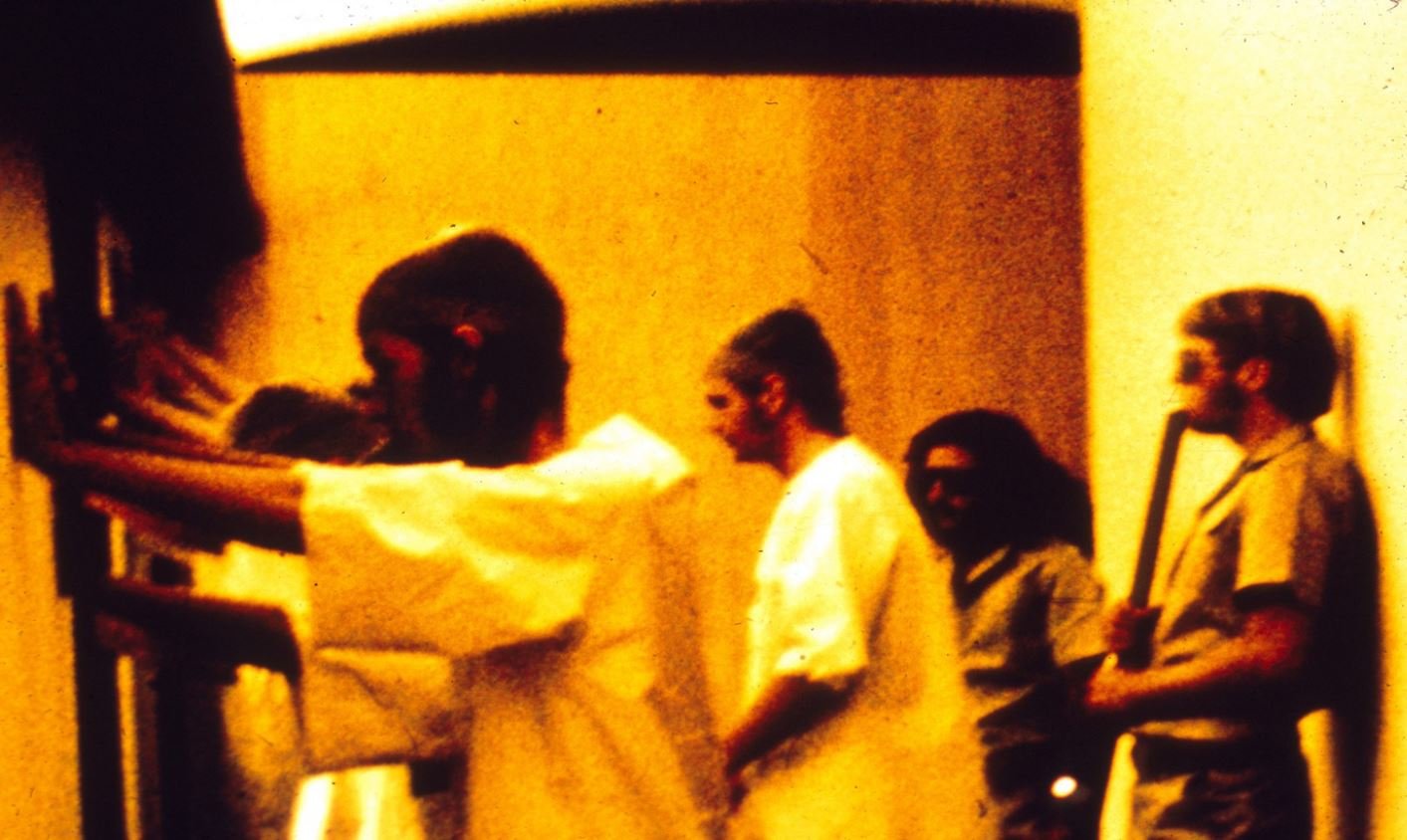Did Orson Welles’ ‘War of the Worlds’ Cause a Panic?
“On Air” is code for “Panic”
Today we’re looking at the Orson Welles radio adaptation of The War of the Worlds in 1938 and what really happened after it aired.
Let’s start by meeting our protagonist of this story, a young scrappy hardworking George Orson Welles born in Kenosha, Wisconsin on May 6th, 1915, but this isn’t a biography so let’s fast forward.
The year is now 1938 in the last few years Orson Welles has performed on Broadway and in other theater productions including Macbeth and Romeo and Juliet, not only that but he was also a common voice on CBS Radio.
The Mercury Theatre
This amounted to him opening his own theater company in 1937 called the Mercury Theatre, and continuing with his line of success, it was a hit. In the summer of 1938, CBS Radio gave him his own hour-long radio show where, with the actors from the Mercury Theater, Welles would present adaptations of classic literary works and plays. It was called The Mercury Theatre on the Air and this is where our story truly starts.
Welles’s adaptations not only had professional actors taking over the voices of famous characters, but he also worked hard to have perfect sound effects in the backgrounds to engulf the listeners. His attempt to deliver the experience of being in a real-life theater production at home worked wonders.
Starting off with Dracula on July 11th, 1938 the series was an immediate hit. Originally slated to be a summer show, CBS extended the show meaning they would have an opportunity to scare come Halloween and if you believe the stories and legends, then Orson Welles did just that.
On October 30th, 1938 Orson Welles presented an adaptation of H.G. Wells, The War of the Worlds but this wasn’t a normal presentation. Welles was a master at dramatization, grabbing the listener by their heads and not letting go until his final line of the narration had ceased. So instead of just giving a presentation, he made it a dramatic show.
The Radio Broadcast
I won’t summarize the plot of H.G. Wells’ novel the War of the Worlds because I think everyone should read it but I will tell you it’s a story about an alien invasion from mars that takes place over months. Orson Welles had to try to condense that story into just under an hour and hoped the drama would make the listener forget that within that hour aliens had arrived, armies and militias had mobilized, and battles had been fought and lost.
“Who knew aliens would win so quickly?”
Not only that but Welles included fake eyewitness accounts and news flashes, but his piece de resistance was starting the show off with a normal weather report and then live music, as if the show had been replaced with a musical production.
After a few minutes, the music was cut off by a news flash from a news reporter with a quick message regarding gases coming from mars although they’re quickly downplayed by a professor. The news flash then returned the lister to the music production.
After this, the music was cut off two more times, each time the situation growing dire with the second report ending with a news bulletin reporting what appeared to be a large meteorite crashing in New Jersey.
The next music interruption was the last as the show would shift focus directly to the events in New Jersey. A reporter was not at the scene of the meteorite crash which slowly became identified as an alien ship. The show then takes a sudden turn, the reporter describes the aliens emerging from the ship, right before it unleashes a heat ray killing several before the transmission cuts off.
For the next 22 minutes, the broadcast evolves into a full-blown alien invasion with only a quick interruption at the 40-minute mark to remind the listener they are listening to an adaptation of The War of the Worlds.
It’s later revealed, that the interruption at the 40-minute mark was due to CBS requesting it since the station had received calls from police inquiring if the broadcast was real or fictional.
The show ends at the hour with a final reminder from Orson Welles that the preceding was a radio show and the aliens had truly not invaded. If you want to listen to the whole thing, and you should, you can find it on YouTube or check the sources on this article, the Smithsonian has it on its page.
“The Panic”
It wasn’t until midnight when everything hit the fan and we finally introduce our antagonist to this story, the newspapers. A bulletin near Times Square reading “Orson Welles Causes Panic” was just the tip of the iceberg.
“We’re losing money to radio… my idea? We lie our asses off!”
The following morning newspaper headlines read things like ‘Radio Play Terrifies Nation’, ‘Radio Listeners Panic’, ‘Panic Sweeps the U.S’, and ‘Fake Radio War Stirs Terror Through U.S’. The articles reported riots and mobs in the streets, people running from their homes terrified of the aliens, hospital admissions increasing like never seen before, and even some suicides from fear.
Radio / Newspaper War
But I did mention the papers are our antagonists. Of course in order to be a proper antagonist we need to know the motivation, and the why for the madness. Well, it turns out the radio wasn’t such a great thing for newspapers.
People drifted away from reading the papers and instead into listening to the news. Newspapers lost ad revenue to radio and, even worse, saw declining readership. Wait till they hear about the internet, right?
On top of that, during the early 1900s newspapers had resorted to sensationalizing the news to attract readers, slightly twisting headlines to elicit emotion and grab a reader's attention. I’m glad no one is doing that these days…
So to newspapers, the radio was a threat and the broadcast of the War of the Worlds was a perfect scapegoat to make the radio appear to be evil so they ran with it.
But here’s the truth.
Were there some people who panicked from the broadcast? Sure, but by small, we mean almost non-existent and, by panic we mean saying, “Oh my.” and at worst, calling the police to inquire.
Everyone’s real reaction
Were there mobs and riots? Nope, some newspapers didn’t even report mobs or riots. What about the hospitals? That’s another negative, no records show any increase in admissions during that week.
People running from their homes and suicides? Nope, no verified reports of that either.
Who Was Listening?
In fact, it turns out many people probably weren’t even listening to the radio broadcast, to begin with. Back then the way ratings were calculated was by phone. They didn’t have the technology we had these days, they actually had landline telephones.
A ratings company called 5 thousand people and reported only 2 percent were listening to the broadcast and no one reported listening to a news broadcast. On top of that, the War of the Worlds was airing against the most popular radio show at the time, a ventriloquist show. I’ll repeat, the most popular show on the radio which people can only listen to was a ventriloquist show, with a puppet no one could see at home.
To sum up, not many people heard the show, there was no outrage, and the newspapers dropped the story within days, so why did it become a myth then?
That’s marketing baby. There wasn’t a lot of denial from the cast or CBS following the broadcast. Some interviews may have even dramatized the events with police at the station beating down on doors.
Good Marketing
Orson Welles was interviewed shortly after the show supposedly caused panic and although apologetic, in reality, he was ecstatic about it. This was before his Citizen Kane days so this made him much more of a figure in media and, being a man about legacy, this squarely cemented him one.
Even CBS dramatized the panic for their anthology series, Studio One, in 1957 with an episode called “The Night America Trembled”.
But the biggest reason the myth exploded was a study, later a book, by Princeton Psychologist Hadley Cantril, called “The Invasion from Mars” wherein Cantril puts numbers to the amount of panic the broadcast supposedly caused.
Later he was challenged on those numbers by other researchers and he revealed he lied about some things, such as doubling the number of listeners during that time. His study was also conducted immediately after the broadcast during the period when the so-called terror was being sensationalized adding to the false perception.
After the War
Eventually, the story died down, so what happened to our cast? Well, Orson Welles’s radio show continued for a few more years being renamed “The Campbell Playhouse” after Campbell’s soup became a sponsor.
Orson Welles would later leave the show and go on to release Citizen Kane, which cemented his legacy as one of the greatest filmmakers of all time.
As for the rest of the characters in this story, the aliens never attacked, New Jersey is safe for the most part, newspapers have mostly moved to the internet where they think I would pay a monthly subscription, the radio broadcast of The War of the Worlds was inducted into the radio hall of fame, was adapted into many version including the Tom Cruise film in 2005, and to this day some people still believe a radio broadcast created a panic in 1938.
Oh and one of Orson Welles’s last roles before his death on October 10th, 1985 was the role of Unicron in the animated Transformers movie, and I think that’s a much better legacy but who's to say?
















